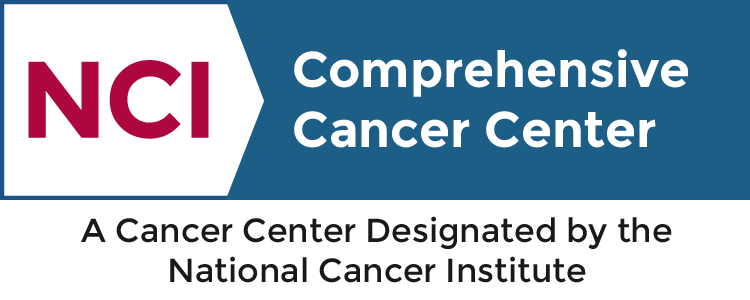Intrahepatic cholangiocarcinoma is an aggressive liver cancer with a high rate of recurrence and poor survival (<10% at 5 years). New drugs that utilize the immune system to fight cancer (an approach called immunotherapy) are showing promise and are now part of the standard treatment for advanced disease, but the overall benefit is still small. One reason for the low rate of success is the presence of immune cells that protect the tumor from immunotherapy. These tumor-protective immune cells (a kind of T cell) originate in lymph nodes, which normally contain immune cells that help fight infections. Interestingly, cholangiocarcinoma tumors often spread to lymph nodes. Goyal, Engleman, Delitto, and Charvillehypothesize that when cholangiocarcinoma cells reach the lymph nodes, they reprogram the immune system to protect the tumor. In that case, interfering with this process may help make immunotherapy more effective. Through the support of the SCI Innovation Award, they will test this hypothesis by characterizing immune cells both at the original tumor site and in lymph nodes to learn how changes in immune cells may enable tumor persistence. The findings may ultimately make it possible to identify therapeutic strategies for improving patient outcomes in cholangiocarcinoma and other cancers.


